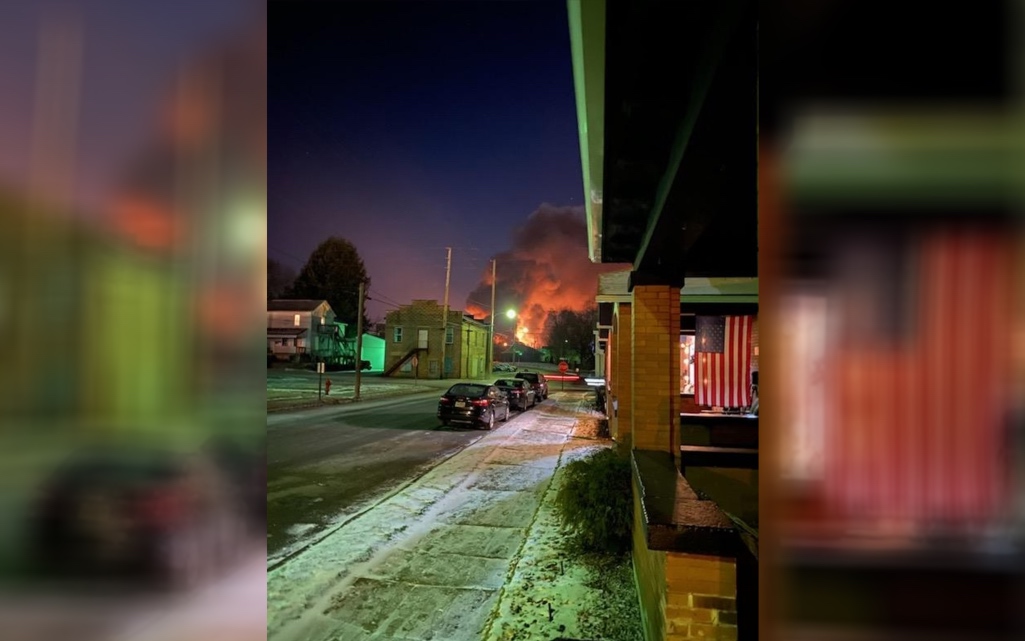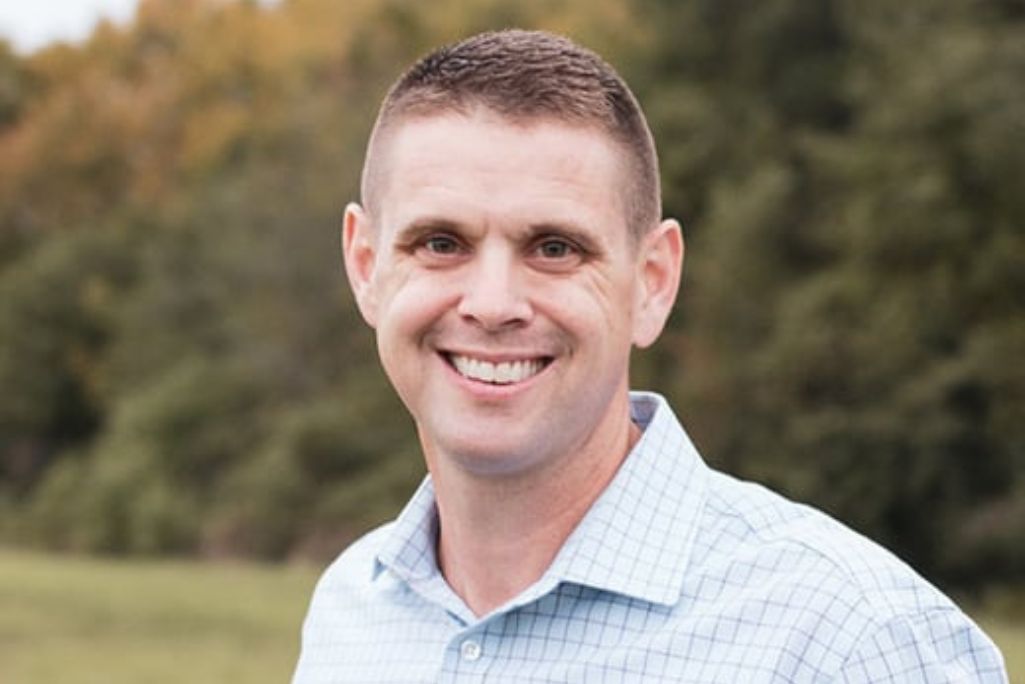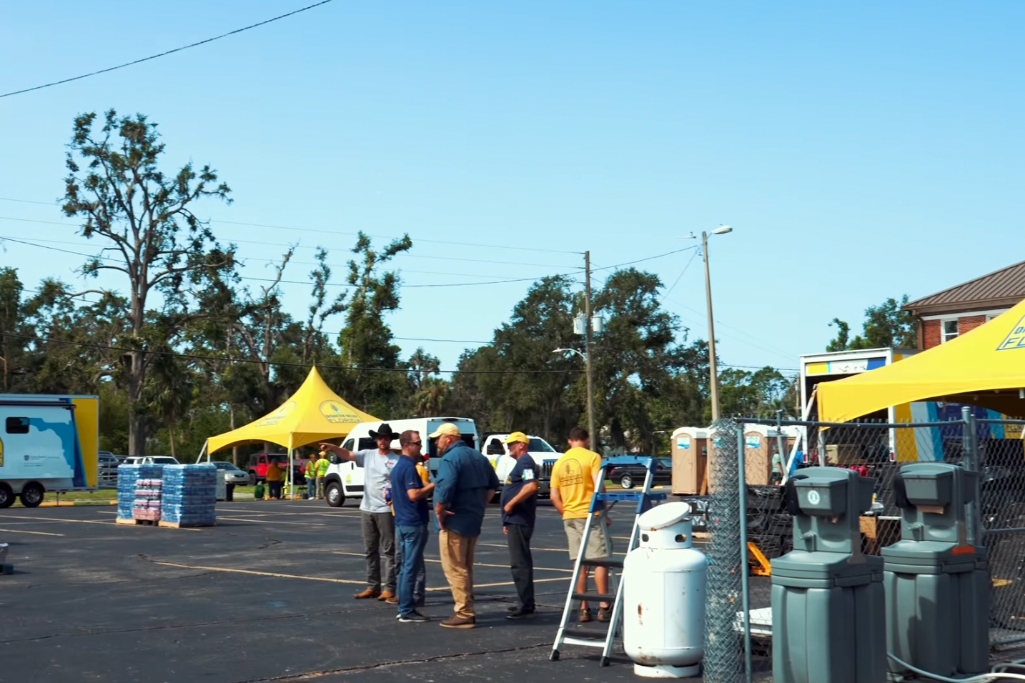
Smoke from the release of chemicals aboard a derailed train ascended over the town of East Palestine, Ohio, near the Pennsylvania border, on Feb. 6.
EAST PALESTINE, Ohio — Joe Sheely may be a trusting pastor, but even his faith in state and federal officials is being tested. In the wake of a train derailment in his small Ohio town, people are scrambling for clean water. Suitable answers are even harder to find.
On Feb. 3, a freight train carrying hazardous materials derailed near East Palestine. Norfolk Southern Railway released a statement Feb. 5 that a “controlled breach” would take place due to damaged pressure relief devices on some cars. That process occurred the next day, releasing a large fire that lasted for hours and produced a large, black plume that developed into a cloud settling over the area.
Deadly chemicals released in the air
Those chemicals released were deemed carcinogenic to people. Vinyl chloride, one of them, has been linked to central nervous system effects in acute doses. Chronic exposure has been shown to cause liver damage, including a rare form of liver cancer. Upon burning, it decomposes into hydrogen chloride and phosgene. The latter was used extensively in World War I as a choking agent.
Ohio and Pennsylvania’s governors, alongside other officials, announced on Feb. 8 that residents could safely return home. However, Sheely and others can’t help but notice the smell of chlorine in the air, the black soot in their homes, the nagging headaches and the abundance of dead wildlife.
“There are around 30,000 dead fish they’ve discovered … in a local stream,” Sheely told Baptist Press. “Animals are dying all over the place. One lady lost all her chickens overnight.”
Repeated attempts to get the air tested in his home led Sheely to contact the Ohio chapter of the Environmental Protection Agency. Tests said the air was okay, but he and the EPA representative agreed that it was best to not use the water in any form until the well that provides his home can be tested.
Solid Rock Community Church, where Sheely is pastor, is 16 miles west of where the derailment happened. Church members were spared any immediate impact.
However, Sheely and his wife, Carolyn Sue, live within the one-mile “danger zone” of the accident.
“Nuclear nightmare over our town”
The Sheelys were at home at the time of the derailment. At the time of the gas release and burn-off, though, they were at a Cleveland medical center for Joe’s checkup.
“We came home and heard they had detonated the rest of the tankers,” he said. “When we got home, there was a black cloud over our property – a haze. I rolled my window down to see if I could smell anything and it just about knocked me out.
“That was around eight o’clock at night. It was devastating,” said Sheely, who called the event a “nuclear nightmare over our town.”
Like others, they have since stayed outside of town in a hotel or with family.
Shelly is back at home, but not at ease.
“Our house is blanketed with this stuff inside. There remains a residue of the chemicals on surfaces and the entire house – every square inch – has to be cleaned. All clothing and curtains need to be washed. All food thrown out.”
He has heard to not expect any compensation for those steps. “They said they cannot help with that,” he said.
Shelly told Baptist Press that in his discussion with an EPA representative, he learned it had been discovered some chemicals on the Norfolk Southern train were not disclosed on the manifest.
“They have to declare [those chemicals] before they go through a town,” he said. “They did not do that and now they are in huge, huge trouble because those chemicals are now in people’s homes, in the air and possibly our wells.”
In written comments to Baptist Press, the EPA said, “We are not aware of chemicals on the Norfolk Southern train beyond what was on the listed [sic] in the manifest.”
The SCBO is trying to help
The State Convention of Baptists in Ohio is sending a financial gift to help with the Sheelys’ immediate needs, as well as ascertaining how Disaster Relief can possibly help with their transition home, said a spokesman.
Sheely’s concerns are for the impact on his long-term health, especially considering pre-existing conditions related to hypertension and heart disease.
His wife has nodules on her lungs that make clean breathing air a priority.
Considering both, he’s keeping a positive outlook.
“I just praise God that we have hope beyond the grave,” he said. “The good news is we win no matter what. I’m not waiting on Norfolk Southern or the EPA to save me. I praise God for Jesus. My trust is in Him.”
(EDITOR’S NOTE – Scott Barkley is a national correspondent for Baptist Press.)


